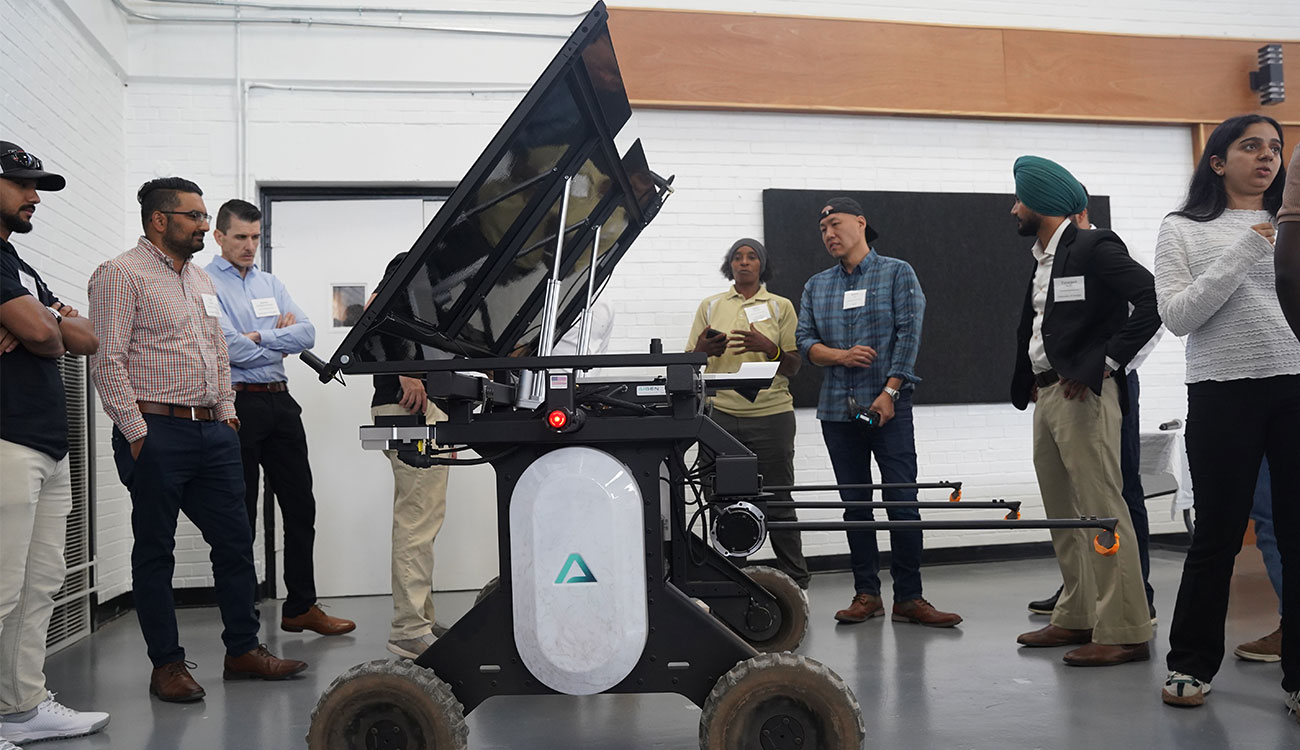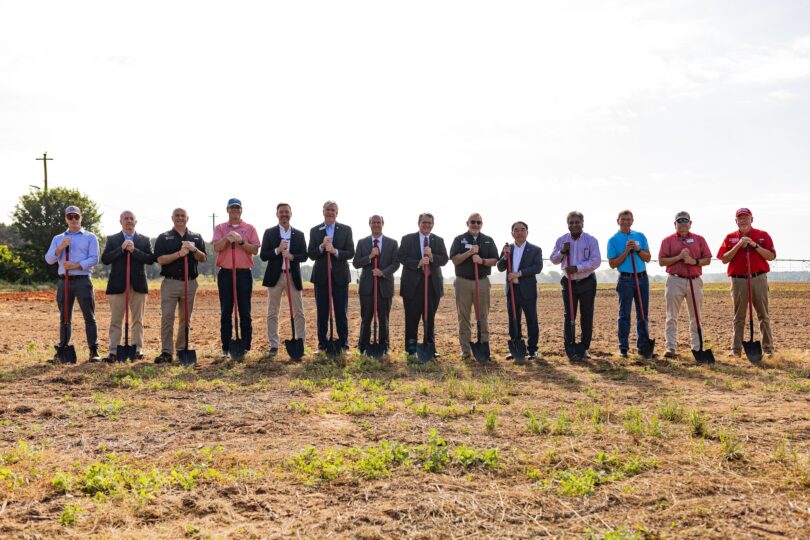Georgians grow all types of fruits in their yards, gardens and even in pots. Fruit experts with the University of Georgia say blueberries, blackberries, strawberries and figs flourish in most of the state.
Fruit plants require a little more care in some areas than others. But with some planning and work, you can enjoy tasty fruits from your own garden.
"For backyard fruits, the two most important things to do in early fall are ordering nursery stock and preparing the soil," said Gerard Krewer, an extension horticulturist with the UGA College of Agricultural and Environmental Sciences.
Most small fruits get their best start if you plant them in December through February. Many nurseries take orders for plants in mid-September. Ordering early helps you make sure you'll get plants.
You're more likely to get the best plants, too, Krewer said. And you can be assured of getting the variety you want.
There are truly dozens of varieties of every fruit. But not all will grow well in your area. So choose carefully, said Scott NeSmith, a CAES research horticulturist in Griffin.
"Research has identified at least five or six really good variety choices for every area of the state," he said. NeSmith checks varieties for fruit size, abundance, harvest window and other growth characteristics.
Backyard gardeners benefit from commercial fruit research, too.
"Many procedures and varieties we develop for commercial production are well-suited for backyard growers, too," NeSmith said.
Planting during winter assures that the young plants are dormant, Krewer said. Planting actively growing trees and plants decreases the chances the plants will survive.
"There is more of an advantage to planting during early winter in south Georgia than in north Georgia," he said. "But there is still a definite advantage to planting in winter, instead of later in the spring, all over the state."
As plants emerge from dormancy in early spring, their leaves and shoots grow quickly. Winter planting helps the plants establish a strong root system. That helps the young plants survive during those first few critical months.
Krewer said right after you order your stock, start preparing the soil for planting.
Test your soil to find out the pH level. Your county extension office can send your soil sample to the UGA Plant Services Lab. The lab will test your soil and make lime and nutrient recommendations specific to the plants you want to put in that soil.
Testing allows time for lime to increase the pH level, Krewer said. Mix lime with the soil in the planting hole.
Most fruit plants like slightly acid soils -- those with a pH around 6.0 to 6.5. Blueberries are the exception, he said. "They prefer very acid soils with a pH around 4 to 5.3, so don't lime soil for blueberries."
Then break up the soil in the planting hole. Krewer said new fruit plants need a hole at least 2 feet deep and 2 feet across. "Be sure to break up any clay or hard pans that could slow or stop root growth," he said.
In the years to come, all this hard work will be worth it. Just keep thinking about how good all that fruit from your backyard will taste.






